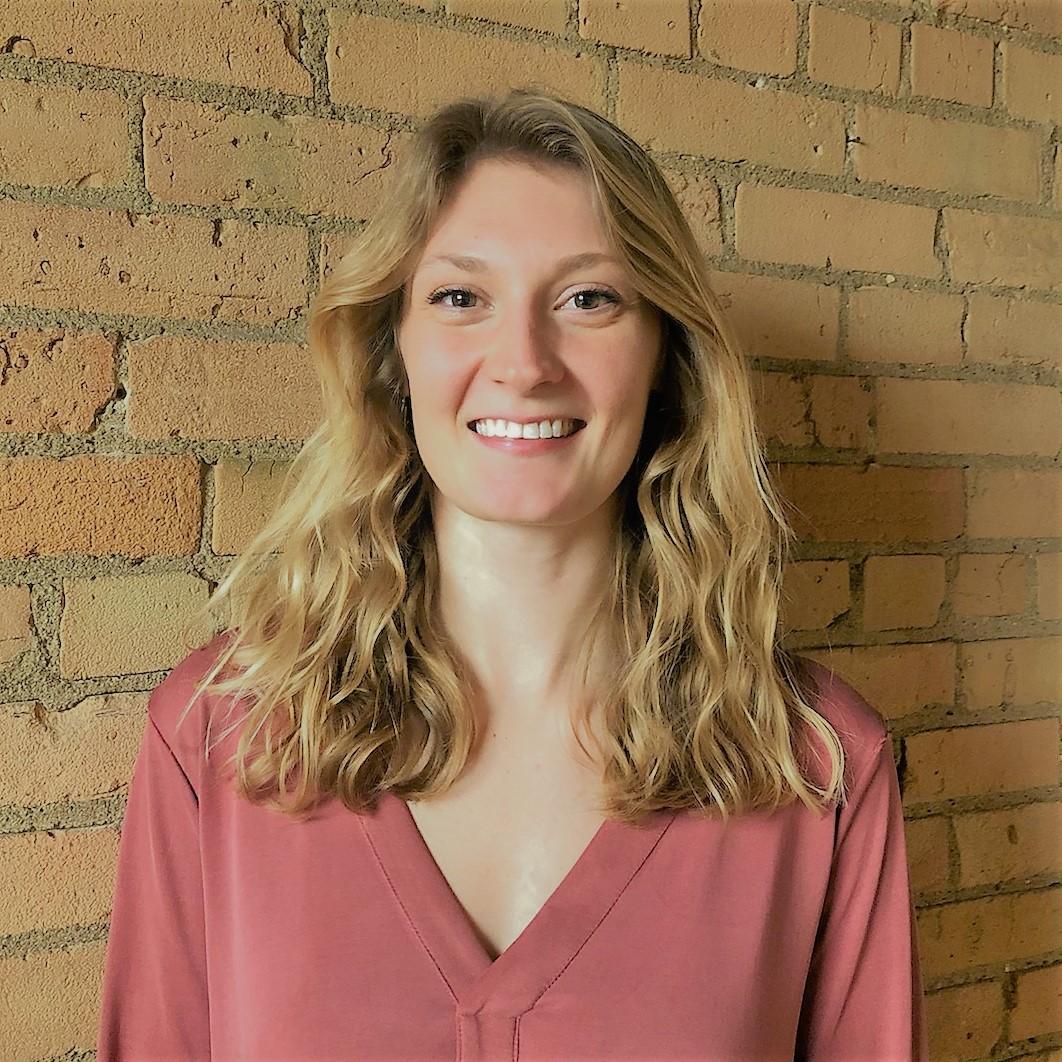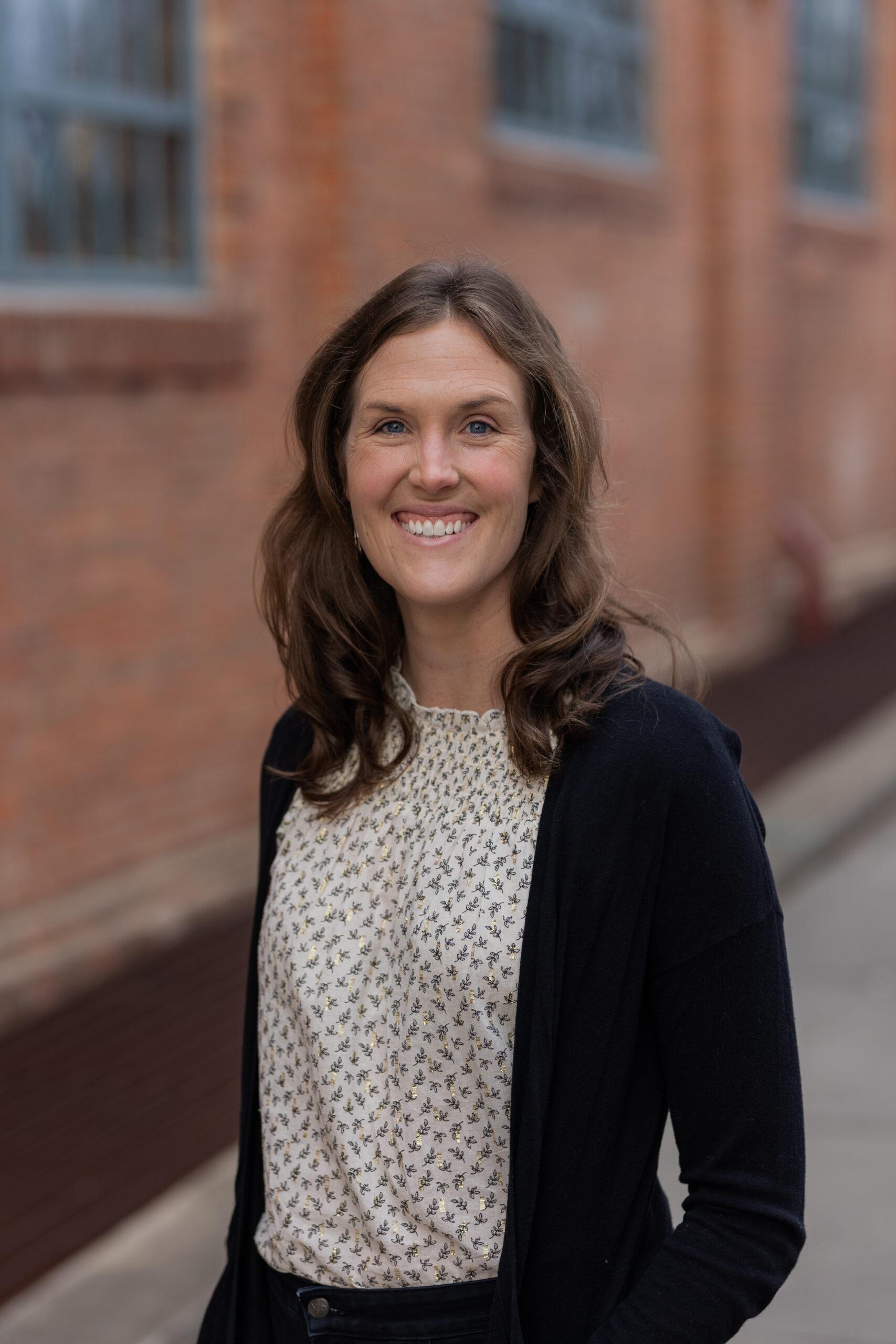Spotlight on the Montana Early Childhood Apprenticeship Program
The Montana Early Childhood Apprenticeship Program (MECAP) aims to support and increase retention of early childhood education (ECE) providers through on-the-job training, mentorship, and college coursework. Upon completing the program, apprentices are awarded the Child Care Development Specialist Certificate from Montana’s Department of Labor and Industry and reach Level 4[1] of the Montana Practitioner Registry. MECAP is a Registered Apprenticeship Program (RAP). A RAP is a government-run, on-the-job, paid training program model that is validated through the U.S. Department of Labor or a state agency. [2] Traditionally, RAPs have been developed to support a range of industries and occupations across the country, including skilled trade-related occupations (e.g., electricians or carpenters).
The traditional RAP model combines four core components
- Facilitating employer involvement to allow apprentices to be paid while they develop their skills through on-the-job learning
- Providing career-related educational instruction
- Offering incentives for skills gained
- Awarding a nationally recognized occupational credential upon completion
To develop a RAP targeting the ECE workforce, Montana’s Department of Labor and the Early Childhood Services Bureau combined their expertise to create MECAP. MECAP is one of only a few Registered Apprenticeship Programs in the country developed for the ECE workforce.
Background and funding structure
MECAP started in 2004 when temporary state funds became available to Montana’s Department of Public Health and Human Services (DPHHS). DPHHS decided to use these funds to further support the ECE workforce. To identify how to best use this funding, a DPHHS agency, the Early Childhood Services Bureau (ECSB), partnered with the Department of Labor and Industry (DLI) to assemble an advisory council tasked with designing an early childhood apprenticeship program. DLI was included in the partnership because they are responsible for Montana’s other RAPs and could provide knowledge and expertise on how to run a successful apprenticeship program.
Eventually the temporary state funds were depleted, and the program lost all but one participant. Enrollment remained low until DPHHS directed Child Care Development Fund (CCDF)[3] funds back into MECAP to rejuvenate the program. By renewing funds to MECAP, DPHHS hoped to increase the number of qualified providers in the ECE workforce. Around 2015, ECSB brought in Montana State University’s Early Childhood Program (ECP) to co-manage MECAP alongside DLI.
Administrative structure
MECAP is one of only a few early childhood Registered Apprenticeship Programs coordinated and operated by multiple state agencies. MECAP is run by Montana’s DLI, in coordination with the ECSB and Montana State University’s ECP; this administrative structure allows MECAP to use the collective knowledge and experience of the agencies to provide supports to apprentices on multiple levels. Each organization has a specialized role in administering MECAP.
- ECSB is responsible for disbursing funds to MECAP, keeping the program running.
- DLI is responsible for Montana’s other RAPs and brings RAP-specific knowledge to the partnership. DLI registers apprentices, ensures that apprentices comply with program standards, and issues certificates upon completion. DLI’s participation enhances MECAP through the recognition, experience, resources and connections associated with Registered Apprenticeship Programs.
- ECP provides knowledge and connections specific to early childhood education and is responsible for recruiting participants, supporting apprentices in finding mentors, and enrolling them in core early childhood courses. ECP also houses the state’s Early Childhood Practitioner Registry and provides career development supports and resources; in these ways, ECP maintains close connections with the ECE community within the state.
This cross-organization partnership is what makes MECAP unique and effective; each partner brings expertise in their administrative area to support and further develop the program.
MECAP eligibility and expectations
Eligibility requirements
MECAP does not limit the number of apprentices who can enroll in the program at a given time. However, to ensure commitment to the program, MECAP has two requirements: 1) Registered applicants must already be employed by a child care center or home-based provider who is willing to sponsor their apprenticeship, and 2) applicants must enroll in qualifying early childhood courses at a participating higher education institution.
Once registered, apprentices are expected to identify a mentor, preferably within their place of employment. If apprentices are unable to find a mentor, ECP will help the apprentice locate one. Mentors must be at Level 4 or higher on the Practitioner Registry Career Path[4]; this requirement ensures that only experienced providers are mentoring apprentices. To reach Level 4 on the Practitioner Registry Career Path, mentors must have:
- Current national Child Development Associate (CDA) credential -OR-
- Current Montana Child Care Development Specialist Apprenticeship Certificate (college coursework required) -OR-
- One-year certificate requiring 30 college credits in early childhood education/child development -OR-
- Minimum of a bachelor’s degree plus at least 12 semester college credits in early childhood education/childhood development -OR-
- Certification from Montessori Accreditation Council for Teacher Education (MACTE)
- High school diploma, General Education Development (GED), or High School Equivalency Test (HiSET)
- Minimum of 1,000 hours working in an early childhood setting
- First aid and CPR certification
- Annual training required for renewal: 16 hours of approved training
On-the-job training requirements
MECAP apprenticeships last approximately two years if apprentices are working full time; in this time, apprentices complete 4,000 on-the-job training hours. To document their on-the-job training, apprentices must complete monthly status logs in which they track the number of hours worked and reflect on what they are learning on the job. Both the apprentice’s mentor and ECP’s MECAP coordinator review these logs each month and discuss them with the apprentice. This process helps apprentices learn and reflect on their involvement in the program and allows mentors and the MECAP administrative team to evaluate how the apprentices are doing. Apprentices use their mentors as a resource and guide for career growth related to ECE workforce quality standards. In addition to monthly log reviews, mentors typically engage in activities such as classroom observations and discussions of the apprentice’s skills and goals related to quality standards.
Coursework requirements and financial incentives
To provide career-related educational instruction for apprentices, MECAP partnered with four colleges and universities.[5] Apprentices must complete a total of 24 credits in core early childhood courses over three or four semesters. MECAP works with the participating colleges and universities to identify relevant early childhood courses that involve content focused on curriculum development, child guidance, and child development. Depending on the college or university, apprentices take either six or eight credits per semester and may apply for financial incentives based on the number of credits they are enrolled in per semester.
To ensure active participation, apprentices may apply for financial incentives only after successfully completing each semester. Apprentices who successfully complete all coursework receive a total of $3,000 over the course of the apprenticeship, disbursed in amounts of $750 (four semesters) or $1,000 (three semesters) per semester. MECAP also understands that educating and training apprentices is a community effort and therefore offers financial incentives to those who support the apprentices. Mentors receive $500 per semester, and the ECE programs where apprentices are employed receive $375 per semester. Programs are able to use these funds in several ways, such as purchasing books or classroom supplies for the apprentice, or sending the apprentice to a conference or training.
Successes and Challenges
Successes
Since it began 15 years ago, MECAP has registered and certified over 250 apprentices[6]; within the past four years, MECAP has served an average of 18 to 20 apprentices per semester. MECAP credits its successes to the desire, shared by the state and its employers and employees, for a more qualified and supported ECE workforce, and to the partnership between ECSB, DLI, and ECP. Building MECAP around the structure and guidelines for DLI Registered Apprenticeship Programs helped align MECAP with pre-existing efforts to support various workforce groups. By combining the knowledge and expertise of DLI and ECP, MECAP takes some, although not all, of the administrative burden off ECP so that ECP can direct most of their efforts toward providing supports for apprentices, such as assisting apprentices in finding mentors, selecting appropriate coursework, and processing incentive applications.
Download
Challenges
While the collaboration between ECSB, DLI, and ECP has been a major success for MECAP, it has also presented some challenges, especially at the beginning of the partnership. For example, throughout their partnership, ECP and DLI have worked to overcome agency-based differences. Initially DLI found it challenging to identify, recruit, and register qualifying apprentices since DLI’s Registered Apprenticeship Programs had not previously included the ECE workforce. Although DLI is highly experienced in occupations traditionally associated with apprenticeship programs (e.g., plumbers or electricians), the agency had less experience supporting the ECE workforce. This agency difference required ECP to become more involved in the recruitment process, leaving them less time to provide other ECE-specific supports, such as identifying mentors or coordinating coursework with colleges and universities. Once this challenge was identified, ECP worked with DLI to establish recruitment strategies and connections between DLI and ECE communities, which facilitated more successful recruitment and registration. Over time, the goal is to have DLI continue to take over more of the administrative work for MECAP, such as independently recruiting participants and assisting in finding mentors, as they do for other apprenticeship programs. An independent administrative role for DLI would give ECP the freedom to work more closely with apprentices and mentors, taking on a role similar to a technical assistance provider, and to build stronger referral networks within higher education institutions.
Conclusions and Next Steps
Currently, funding for MECAP is stable, barring any state-level or CCDF changes, and the program looks forward to certifying apprentices and supporting the ECE workforce for years to come. Although the program has become well established over its 15-year lifespan, MECAP is always looking for ways to broaden awareness and develop more connections in the communities the partnership serves. For instance, ECP reports that numerous ECE providers have contacted ECP in search of resources and assistance in increasing their qualifications. ECP views this as evidence that many providers in Montana’s ECE workforce are looking for career development but are not aware of the resources available to them. To continue spreading awareness, MECAP is looking to develop relationships within a broader network of higher education institutions, beyond the four currently participating institutions. This would help MECAP reach a larger population entering the ECE workforce as well as current child care providers looking to continue their education.
Additional Information
For additional information on the Montana Early Childhood Apprenticeship Program, please contact the Early Childhood Project-MSU at 406-404-1624 or visit this website:https://www.mtecp.org/career.html.
Related Content
- Spotlight on Georgia’s Project LITTLE
- Spotlight on Arkansas’ Fiscal Health Initiative for Early Childhood Education Providers
- Spotlight on Pennsylvania’s Early Childhood Education Apprenticeship Program
- Spotlight on Minnesota’s R.E.E.T.A.I.N. Grant Program
- Spotlight on Louisiana's Early Childhood Ancillary Certificate
- Spotlight on Early Learning Indiana’s Partnerships for Early Learners
Download
[1] See MECAP Eligibility and Expectations section for details
[2] For more information, see: https://www.apprenticeship.gov/registered-apprenticeship-program
[3] For more information, see: https://ccdf-fundamentals.icfcloud.com/history-and-purposes-ccdbg-and-ccdf
[4] For more information, see: https://www.mtecp.org/pdfs/2019%20Updated%20Career%20Path.pdf
[5] Participating institutes of higher education include Dawson Community College, Flathead Community College, University of Montana–Western, and Salish Kootenai College.
[6] MECAP was not able to provide the exact number of participants. This estimate is based on the average number of apprentices served each year.
© Copyright 2025 ChildTrendsPrivacy Statement
Newsletter SignupLinkedInYouTube

